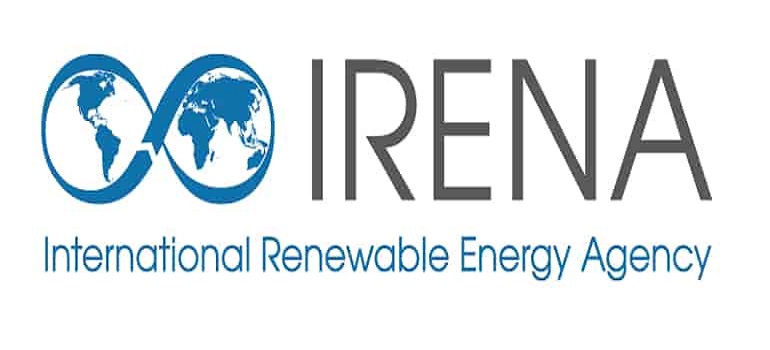Report highlights significant gap between ambition and progress, urging urgent action on investment, infrastructure, and international cooperation.
The International Renewable Energy Agency (IRENA) issued a stark warning, highlighting the significant gap between current progress and the ambitious target set at COP28 to triple renewable energy capacity by 2030. While 2023 saw record growth, achieving this goal hinges on overcoming systemic barriers and accelerating investments.
IRENA’s report, “Tracking COP28 outcomes: Tripling renewable power capacity by 2030,” acknowledges the positive momentum, with a record-breaking 473 gigawatts (GW) of renewable energy added to the global grid in 2023. However, it emphasizes the need to overcome significant hurdles to reach the 11 terawatts (TW) target by 2030.
Francesco La Camera, Director-General of IRENA, stressed the urgency: “The UAE Consensus at COP28 was historic, but achieving the tripling target remains far from guaranteed. Our data shows continued progress shortfalls, jeopardizing the energy transition.”
The report outlines the monumental scale-up required:
Annual installations must double: An average of 1,100 GW of renewables needs to be installed annually by 2030, exceeding double the record set in 2023.
Investment surge needed: Annual investments in renewables must jump from USD 570 billion in 2023 to a staggering USD 1.55 trillion on average between 2024 and 2030.
The report identifies critical areas for action:
- Enhanced infrastructure and workforce: Investments in grid modernization, storage solutions, and workforce development are crucial.
- Policy and regulatory overhaul: Streamlined permitting processes and power market design revisions can unlock further potential.
- International collaboration: Increased financial flows, particularly to developing countries, are essential.
The financing gap is particularly concerning. While 2023 saw record energy transition investments exceeding USD 2 trillion, developing economies received only a fraction. Sub-Saharan Africa, with the highest energy-deprived population share, received less than 1.5% of global investments.
Furthermore, the continued subsidization of fossil fuels is a major roadblock. Fossil fuel subsidies reached USD 1.3 trillion in 2022, equivalent to the annual investment needed for the threefold increase in renewables. G20 nations alone provided a record USD 1.4 trillion in public funds to fossil fuels in 2022, directly contradicting their COP28 commitment.
IRENA emphasizes the need for a strategic shift:
- Phase out fossil fuel dependence: A decline in fossil fuel reliance must accompany the rise of renewables.
- Strategic public finance: Public funds can play a crucial role in attracting larger private investments and ensuring a just transition that benefits all.
- Multilateral support: Enhanced collaboration among development banks and increased public financing are vital for Sub-Saharan Africa.
IRENA concludes that achieving the COP28 target requires a collective effort. Determined policy interventions, increased investments, and international cooperation are essential to overcome the challenges and secure a future powered by clean energy.


